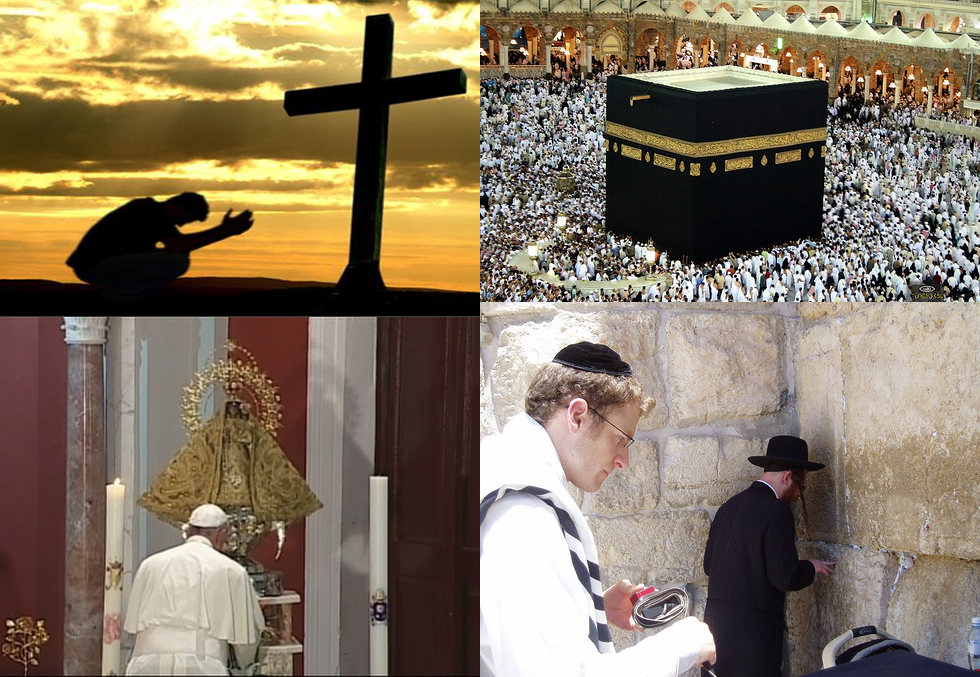Santa Claus – Saint, false god or Pedophile Priest?
Santa Claus seems to be a kind old man bearing gifts. But parents completely ignore the fact that the origins of this character are paganism, materialism, consumerism and pedophilia. They willingly hand their children over to it.

There is rampant pedophilia within the Roman Catholic clergy and has been for quite some time. It should be easy to make the connection between the massive child abuse and this custom of giving the children over to such a ‘god-man’ who “knows if they’ve been bad or good”?
The image of “Santa Claus” is merely a marketing ploy to make the merchants of the earth rich. The children are taught to “pray” to him as a “false god” for all their wants and wishes and to believe that if they’re “good” their wishes will be fulfilled. It is idolatry and evil in the eyes of God and it only serves to provoke Him to anger!
Images of Santa

